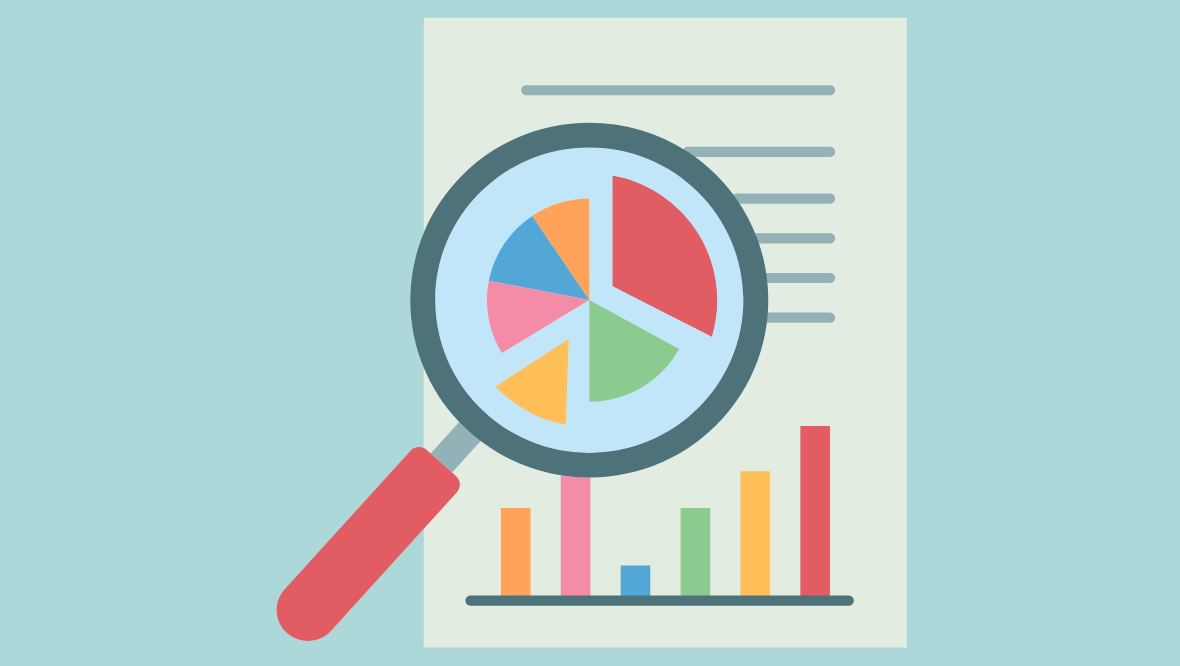Global harmonization of sustainability reporting

If you’re a company looking to get started with sustainability reporting in the early 2020s your first impression of it would be rather confusing, given the current mix of various standards and pieces of legislation. While all of them strive to ensure the high quality and material content of sustainability reports, they also form a regulatory jungle that takes a moment to orientate through in order to find a suitable reporting practice for your company. And all this confusion translates to time spent on looking into different options and their viability for your business which could have been spent elsewhere.
The aim of harmonizing, or to use another word, unifying sustainability reporting standards is to provide a clear and easily understandable reporting framework, that will bring about much-needed uniformity amongst reports and help save time and resources for reporting entities.
Who has made the initiative for global harmonization of sustainability reporting standards?
Theoretically, the idea regarding the convenience of a shared sustainability reporting framework has existed for quite some time, the first time that an official initiative was made for getting closer to the shared target, was in 2021. In June 2021, G7 Finance ministers and central bank governors committed to addressing ESG challenges and to moving rapidly toward a deeper multilateral economic cooperation, endorsing work to develop global standards that would work as a global baseline for sustainability reporting.
International Organisation of Securities Commissions (IOSCO) also published its own report in 2021 June, emphasizing the role that the financial sector has in supporting the transition towards a more sustainable future. In the report IOSCO reinforced the need to have comparable ESG data available, presenting an argument, that sustainability reporting standards could fill that gap.
A month later, in July 2021, also G20 reinforced the message given by G7 in its own communication.

Who is expected to draft the harmonized sustainability reporting standard?
Currently, it seems that the IFRS (International Financial Reporting Standards) Foundation’s ISSB (International Sustainability Standards Board) is the organization that has taken up the work of creating a globally applicable sustainable reporting standard. ISSB started its work in November 2021 and the aim of its work is to deliver a comprehensive, global baseline of sustainability-related disclosure standards that provide investors and other capital market participants with information about a company’s sustainability-related risks and opportunities to help them make informed decisions.
Will the harmonized standard be compatible with the currently used sustainability reporting standards?
ISSB’s approach to drafting a harmonized sustainability reporting standard is to build upon existing frameworks created by the most notable current standards setters, GRI and SASB.
There is also broad agreement, that United States’ Financial Stability Board’s (FSB) Task Force on Climate-related Financial Disclosures (TCFD) is going to serve as a basis for the “climate-first approach” of the IFRS. TCFD which was initially created in 2015, has by today become the de facto standard for making a climate risk disclosure. It’s used by over 1700 companies and supported by almost 60 of the world’s 100 largest companies.
What are the main challenges when attempting to harmonize sustainability reporting standards across countries and reporting frameworks?
The primary challenge when trying to create an international sustainability reporting standard with the idea to have “one standard to rule them all” is the heavy variation between national legislation amongst different regions and the completely different approaches that countries’ legislators have.

A good example of this is the great difference in sustainability reporting between the EU and US. The United States reporting framework is built upon the idea of investor protection, and capital formulation, while taking into account the heavy litigation risks associated with corporate disclosures. In the European Union, on the other hand, the reporting framework is based on mandating multi-stakeholder disclosure, in its essence for the benefit of the public at large.
These types of significant differences between the underlying philosophies of the reporting practices between different regions cause challenges in trying to piece together the extent and scope of voluntary and mandatory disclosures, as well as what types of data the disclosures should contain and for whom the provided information should be accessible for and how.
When can we expect to see a globally harmonised sustainability reporting standard taken into use?
The IFRS’s ISSB is currently working on creating a globally harmonized sustainability reporting standard, however, due to the political turmoil around the matter, it is not expected that a new internationally harmonized standard would be taken into use in the everyday reporting practice of businesses any time soon. The process is currently ongoing, and companies associated with the current main reporting standardization bodies are being kept updated on the development by their standardizing organization, such as the GRI. It could be expected, that we would hear more about the stage of development and when to expect for the new harmonized standard at latest by the COP27 in Egypt in November 2022.
